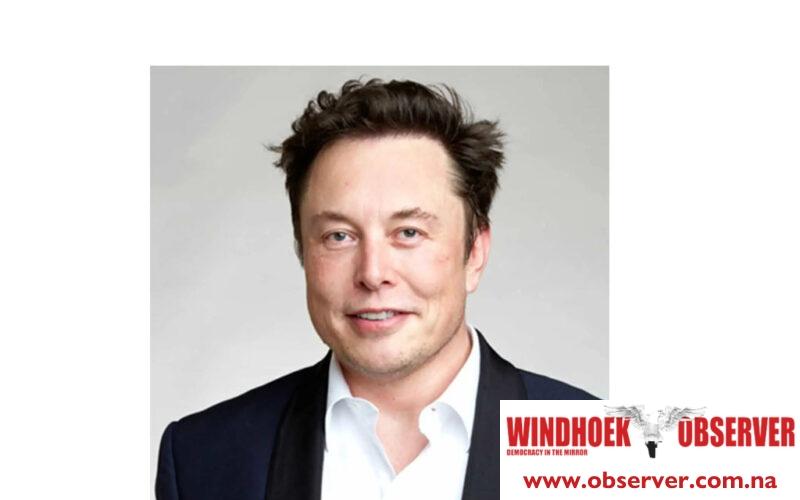Chamwe Kaira
Elon Musk’s Starlink, the satellite internet company, has applied for a licence to enter the Namibian market, Chief Executive Officer of the Communications Regulatory Authority of Namibia (CRAN) Emilia Nghikembua said in an interview.
“Starlink has submitted an application for licences to the Authority, and the application is being processed and considered in terms of the provisions of the Communications Act (No. 8 of 2009) and relevant regulations,” she said.
Last month, Botswana granted an operating licence to Starlink, which is owned by SpaceX, three weeks after a government delegation met with the SpaceX team in the US. Zimbabwe has also given Starlink permission to operate in that country.
Starlink operates in other African countries, including Nigeria, Kenya, Mozambique, Rwanda, Malawi, Zambia and Benin.
Paratus, a Namibia-founded company that has expanded to several African countries, offers Starlink throughout Africa.
Explaining how Starlink works, Paratus said traditional satellite internet services use single geostationary satellites that orbit the Earth at a very high altitude (over 30 000 km). This means that the data has to travel a long distance between the user and the satellite, which causes high latency.
High latency makes it difficult to use online applications that require fast and smooth data transmission, such as online collaboration, video conferencing, or cloud computing, according to Paratus.
Starlink uses Low Earth Orbit (LEO) satellite technology, which employs a constellation of thousands of satellites that orbit the Earth at a much lower altitude. This means that the data has to travel a shorter distance between the user and the satellite, which reduces latency significantly, according to Paratus.




